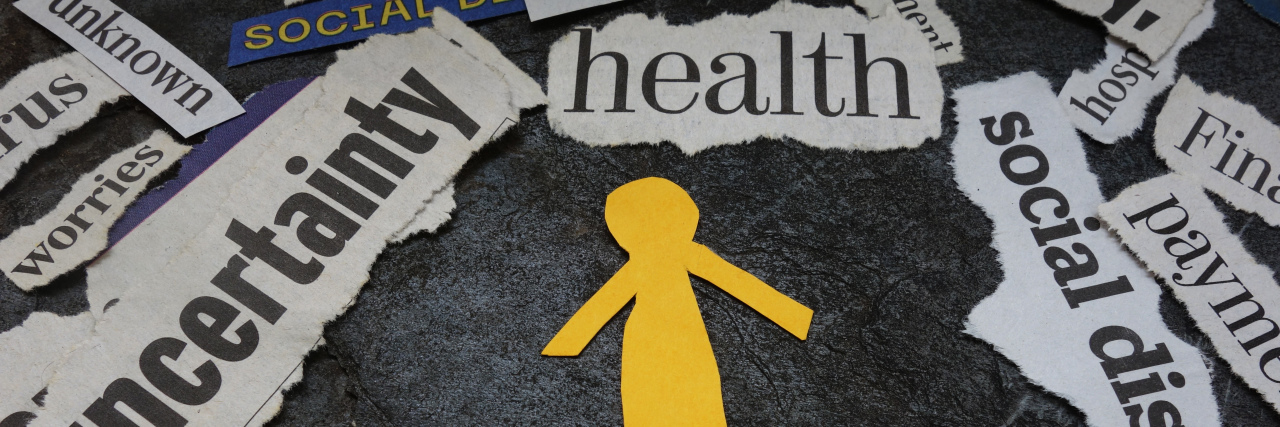How the Pandemic Has Demonstrated the Danger of Unsolicited Medical Advice
The messages now usually start with “I know you don’t like unsolicited medical advice, but…” and it’s usually followed with some really inappropriate for the situation, even dangerous-for-me advice.
As someone who has a major disability (spina bifida) and multiple other metabolic, autoimmune, and other health disorders, I tend to have a lot going on with me. Any time I share anything about it, even just a headache, I get tons of comments offering advice. After years of telling people to stop giving unsolicited medical advice, some have decided that private messages make it OK because in their words, “other people won’t see it.”
Let’s ignore the absurdity of that for the sake of this article.
Why shouldn’t I give unsolicited medical advice? First, let’s do a quick primer on why it’s never appropriate for you to give anything but support unless your chronically ill/disabled friends ask for more:
- You’re not a doctor. You don’t have the knowledge or (probably) their medical history to be equipped to offer advice. It doesn’t matter if you think you know exactly what they are living with. It just doesn’t.
- Giving advice may imply you think they are not trying to figure things out and looking at all the options on their own. Perhaps they just don’t feel they can share that information with you.
- It can damage relationships. I instantly distance myself from people who give unsolicited advice. Especially after years of telling people to stop. It should be a pretty basic boundary.
- Like most unsolicited advice, medical advice you were not asked directly to provide can be perceived as a clear message that you don’t think your friend is smart enough. Especially when it’s really obvious stuff. Do you really want to send that condescending message?
How does COVID play a role?
Giving unsolicited medical advice has always been problematic for all those reasons and it’s something that those of us in the disability/chronic illness community are especially prone to receiving. Be it a sales pitch for whatever your friends are selling, to advice based on a vague Facebook post where your friends think what you’re dealing with is “just like” whatever their aunt, cousin, sister, or whomever, it’s annoying at best.
The problem is, unsolicited (and usually unqualified) medical advice, if taken, can be really dangerous.
That’s why what we’ve seen with COVID-19 has made unsolicited medical advice even more dangerous.
Instead of trusting the thousands of doctors, nurses, respiratory therapists, and other medical professionals who are in hospitals managing COVID-19 day after day, people are more willing to believe their friends’ opinions on the matter. Well-meaning, but usually politically motivated friends who could be on either side of the COVID-related issues from masking to vaccines. We’ve even moved to using social media to try to “encourage” (manipulate) our friends into believing what we believe and doing what we think they should do regarding their health.
This attitude of “my friends with their Facebook medical degrees know better” will easily translate into other scenarios, eventually. I’m sure of it. Your well-meaning advice, when taken by a friend who should know better than to listen, could cause that person major problems, even death. We are now a society that gives more credence to opinions than facts or just darn good common sense.
Getty image by Zimmytws.

